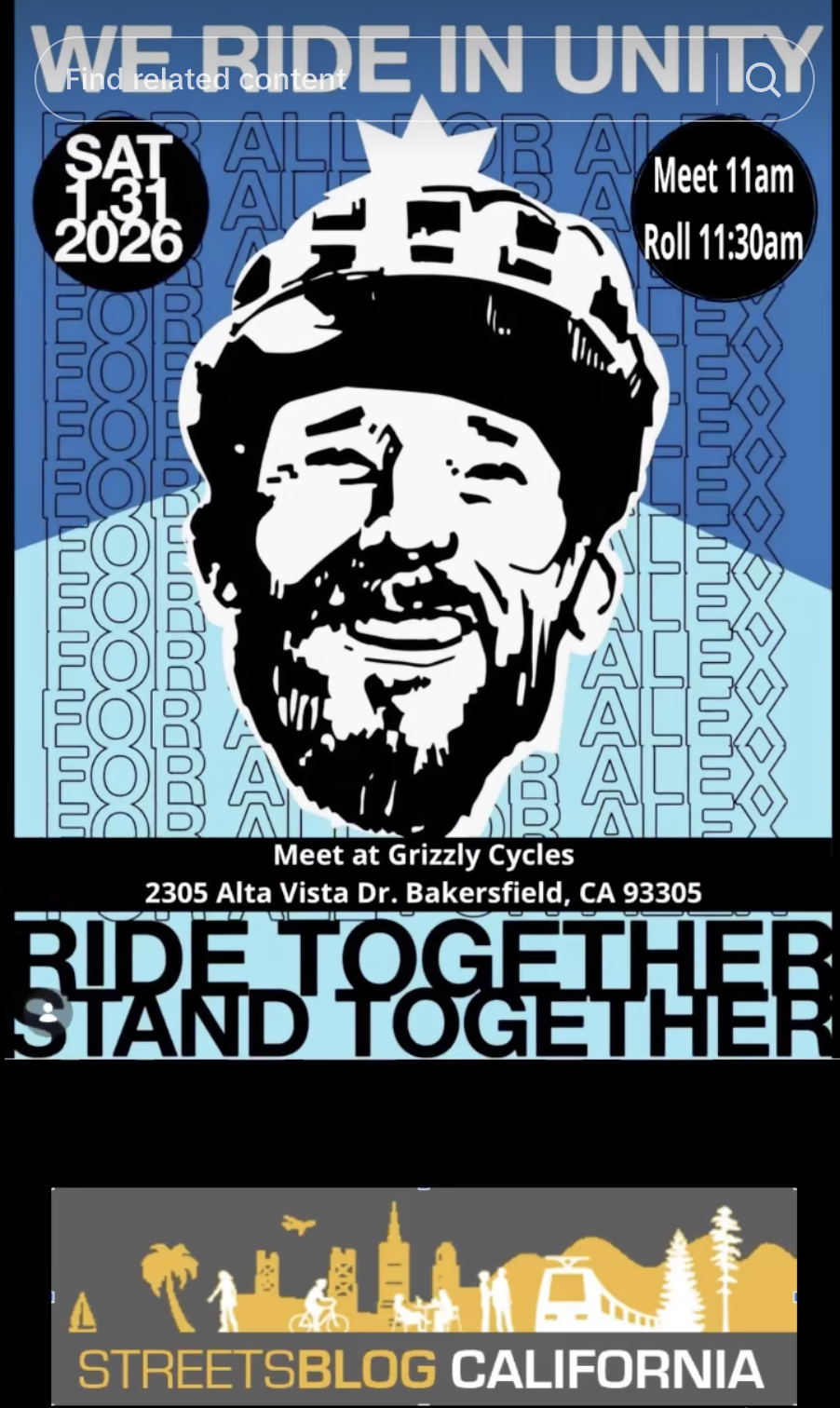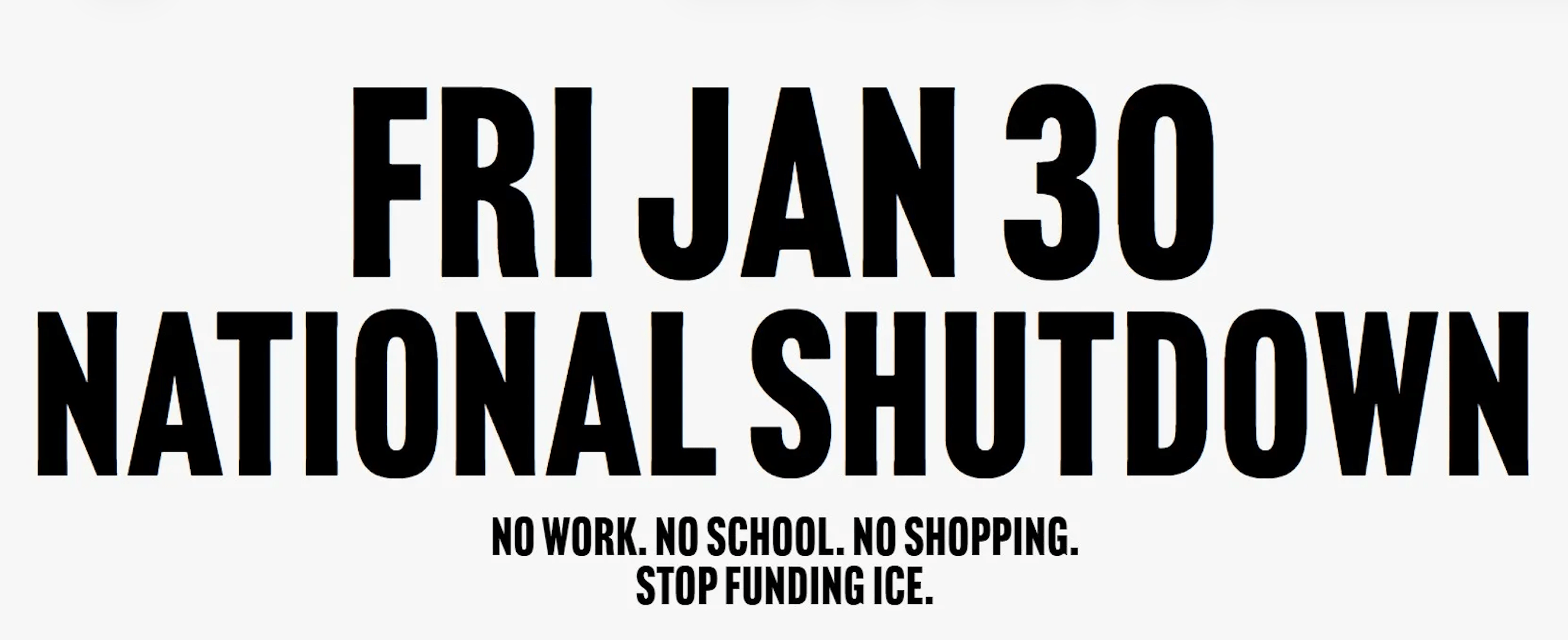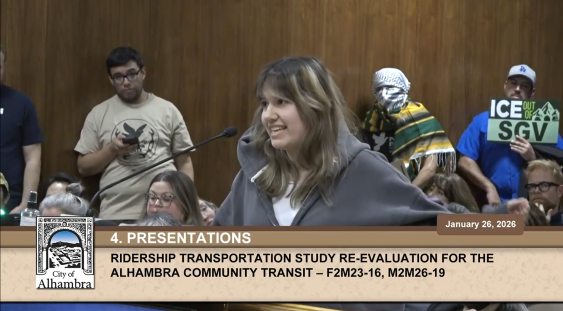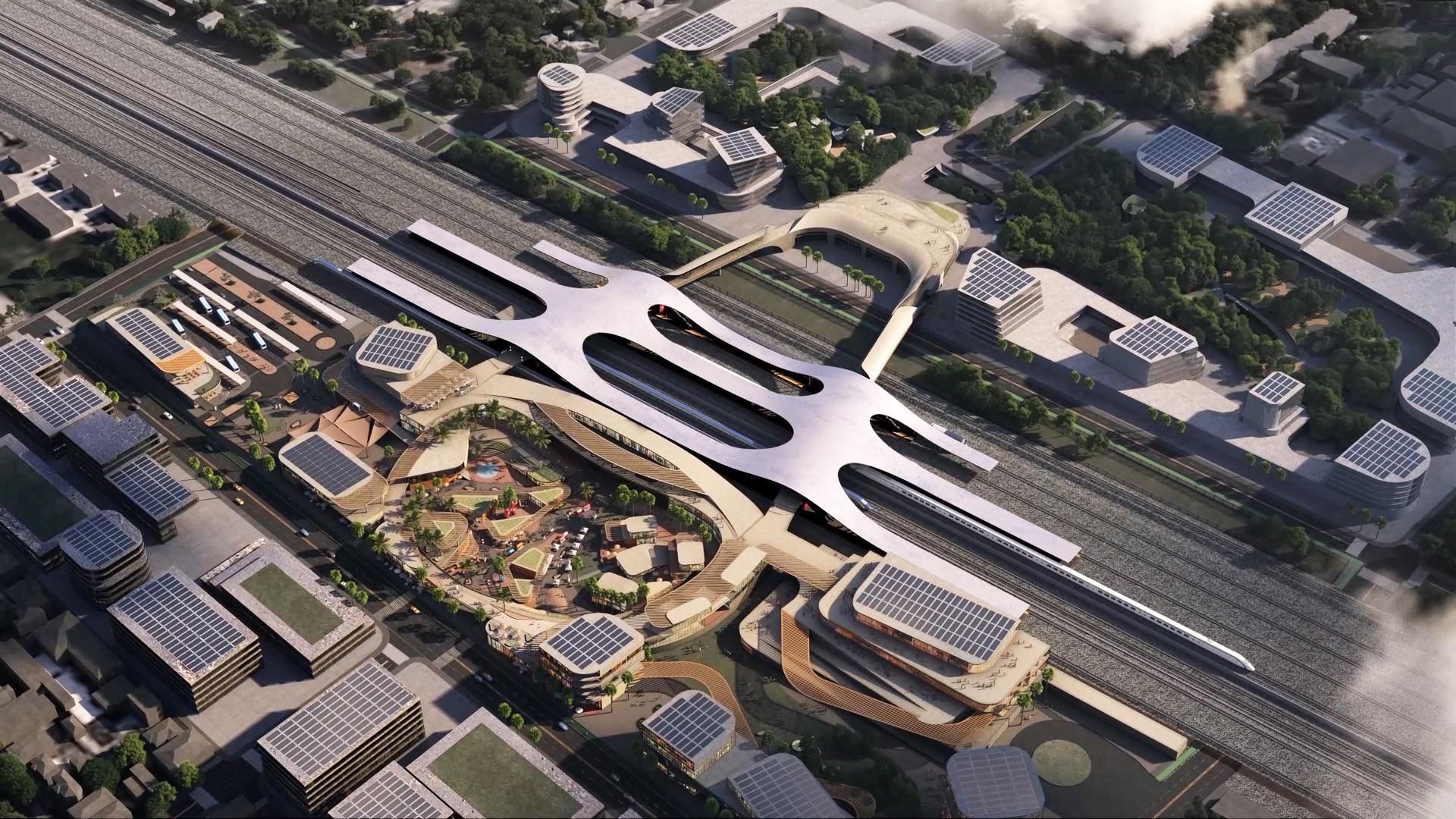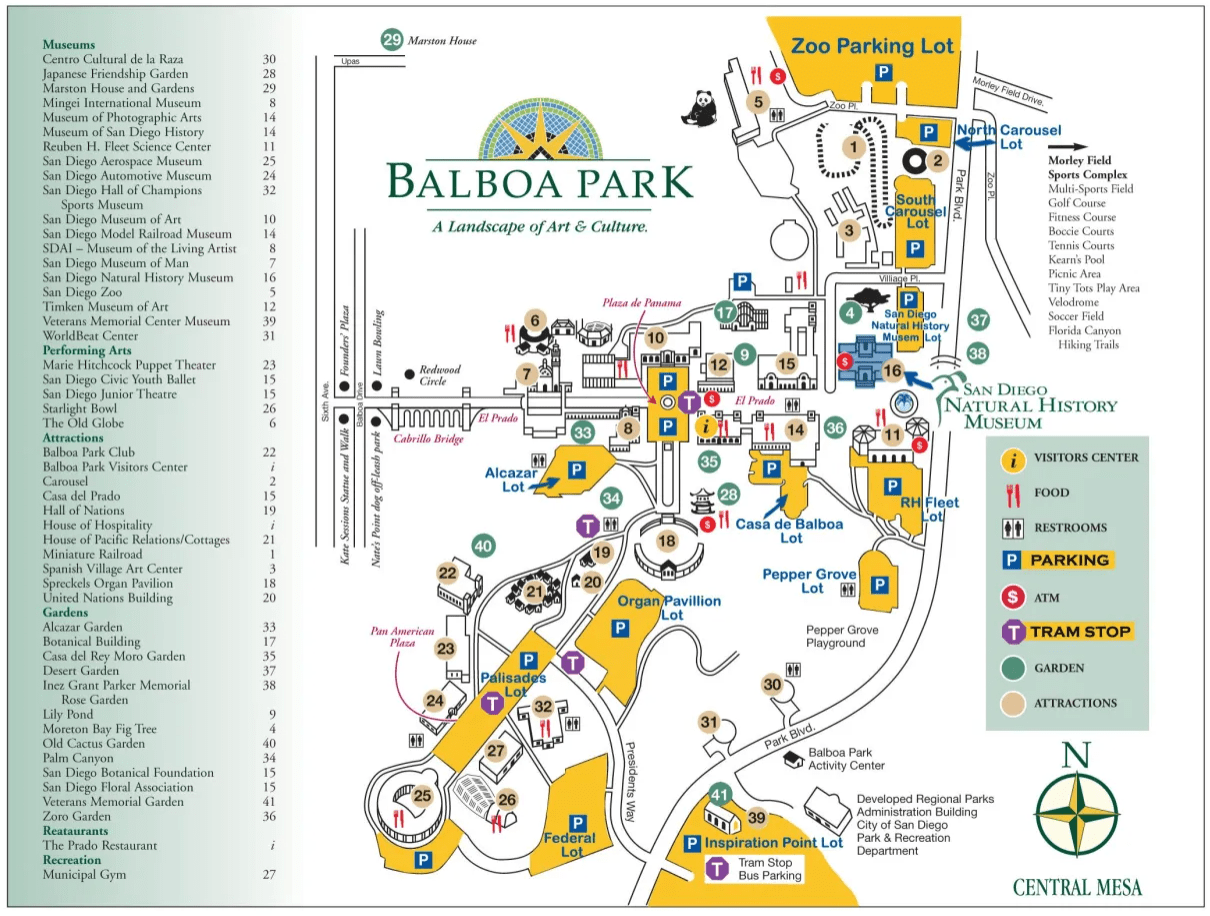
Yesterday, Streetsie-nominee Steve Scauzillo broke the news at the San Gabriel Valley Tribune: the city of Azusa, Azusa Pacific University (APU), and Azusa developer Rosedale Land Partners have written to Metro to delay the opening of the APU/Citrus College Station. The APU station is the farthest east of six new Metro Gold Line rail stations set to open on Saturday March 5.

According to the Tribune, the Azusa interests are concerned that opening the APU station "will cause traffic jams and unsafe pedestrian crossings." What's causing this problem? The delay is due to construction not being complete on a road that leads to the station parking structure. And why is the parking structure road delayed? Because, according to the Tribune, the cities of Azusa and Glendora, and the developer Rosedale Land Partners "could not agree on the road’s alignment." Those are, of course, the same folks now requesting the delay.
My first thoughts reading this news is that there is an irritating double standard going on here.
When Caltrans builds a freeway, they use all kinds of biased, flawed metrics - including Level of Service - to show that opening the freeway will reduce congestion, not only on the freeway itself but also on nearby surface streets. Freeway projects are also promoted as improving safety and reducing air pollution. The truth is, of course, that freeways worsen congestion, safety, and the environment. When communities fight freeways on their actual ill effects, government bureaucracies ignore the truth and just keep building and widening them.
Transit investments are the opposite. Rail travel is orders of magnitude safer than car travel. It is also dramatically better for air quality. In reality, despite rosy promises, new rail lines will not solve congestion issues, but do not make them worse.
Reading the Tribune, it seems to me that Azusa leaders are blaming rail for problems that it does not create.
Also, the way I see it, delaying the Gold Line station opening is likely to make things less safe for some people. If some future riders, perhaps college students, drive instead of riding the train, then they will be less safe. If a rider would would have taken a (statistically very safe) train trip and replaced it with a (statistically much less safe) car trip, then delaying the station opening makes things less safe.
My second thoughts were more encouraging.
It is encouraging that folks in Azusa expect the Gold Line to be transformational. It would be a nice problem to have if early ridership is actually high enough to cause traffic jams. My guess is that a suburban station - one with no parking - just will not be all that busy in its first few months of operation. Especially when there are plenty of other parking structures just down the line. Downtown Azusa Station, one mile west, has a multi-story structure with 200 parking spaces for drivers who ride the Gold Line.
It is also encouraging that Azusa ultimately does want and does welcome this train. Azusa interests are calling for a delay, not full-on opposing the train. City officials heartily celebrated their new stations in September. Rosedale includes the Gold Line station on its promotional map.
Metro has not made a decision on the Azusa delay request. Metro and the Gold Line Foothill Extension Construction Authority would undoubtedly like to open all six stations as planned in March. But Metro needs to get along with Azusa, in the interest of fostering a good relationship that helps make future collaboration go smoothly. With a November Measure R2.1 transportation tax vote in the balance, Metro CEO Phil Washington and his board need to do what they can to win the hearts and minds of the electorate, and the local officials that can influence it. I wouldn't blame Metro for playing as nicely as possible with Azusa constituents at this juncture.
Though the rationale doesn't make much sense to me, it is only four months. An extra station opening celebration this summer could make for extra positive headline going into the November ballot measure vote.
